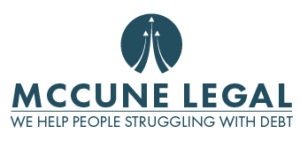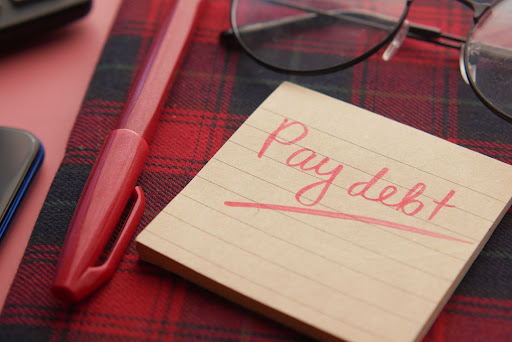Although the percentage of chapter 13 cases is steadily climbing, without question, the most common type of bankruptcy is chapter 7 bankruptcy. When you file for chapter 7 bankruptcy, the court places an automatic, temporary stay on your current debts. This prevents creditors from collecting payments, garnishing your wages, foreclosing on your home, repossessing property, evicting you or turning off your utilities.
The Bankruptcy Code refers to chapter 7 as the “liquidation” chapter but that title is rather misleading. Most chapter 7 cases are what we call “no asset” cases, which means there is no liquidation of ANY of the debtor’s property. Due to the fact that most of the debtor’s assets are likely to be exempt or of inconsequential value, liquidating them wouldn’t bring any meaningful payout to the creditors.
Why Chapter 7 Should Be Your Number One Option
Chapter 7 should always be the first option you look at when considering seeking bankruptcy relief from your debt and creditors! The main reason is that chapter 7 is fast — you are typically in and out of bankruptcy within four to five months.
Another benefit is that, compared to other chapters, chapter 7 is cheap. There’s typically no payment to creditors involved and attorneys’ fees are less, making the total cost significantly more affordable than other bankruptcy chapters.
For most of us, the goal of filing for bankruptcy is to get discharged. This means the debtor is released from personal liability for certain, specified types of debts. Chapter 7 bankruptcy is such a popular option because it gets people the fresh start they deserve at a faster rate and for a reasonable price.
Who Qualifies To File For A Chapter 7 Bankruptcy?
Any individual who resides, is domiciled or has property in the United States may file for chapter 7 bankruptcy. Here are a few other things to keep in mind:
- You do not have to be a U.S. citizen to seek relief under chapter 7
- Legally married same-sex couples can file a joint bankruptcy
- A corporation may file for chapter 7 but will not be eligible for a discharge
- Individuals who file must have received a credit counseling class within the 180 days prior to filing
There’s a unique limitation to filing for any type of bankruptcy if you were a debtor in a prior bankruptcy case within the last 180 days and failed to abide by a court order or requested a voluntary dismissal of your case. This is unusual, but it does happen. These rules are put in place to keep people from jumping in and out of bankruptcy cases.

Once A Chapter 7 Bankruptcy Case Doesn’t Always Stay A Chapter 7
Just because you were able to file a chapter 7 bankruptcy in the past doesn’t mean you automatically qualify to do it again. There are also instances where you are currently going through a chapter 7 bankruptcy and due to circumstantial changes, you are unable to see it through.
Sometimes, the United States Trustee (UST) or a creditor will come along and try to kick you out of chapter 7 if your income is above certain levels. In other instances, the debtor chooses to leave chapter 7 if things start to get a little uncomfortable, which typically involves the bankruptcy trustee (not the UST) coming after assets of the debtor when the debtor thought those assets would be protected.
Another factor to consider is whether the debtor is eligible for a discharge, which is the Court Order that wipes out certain debts. If you’re not eligible for a discharge, it typically doesn’t make a lot of sense to file a case under chapter 7 bankruptcy. It is important to note that you can’t get a discharge via chapter 7 if you have received a discharge in a chapter 7 (or chapter 11 bankruptcy) case that has been filed within the past eight years. You are also ineligible for a discharge if you have received one in a chapter 13 case within the last six years. Your ability to file for chapter 7 bankruptcy can also be affected by your income as there are certain thresholds you cannot exceed.
Choose Wisely. Worry Less.
Once you’ve determined filing for bankruptcy is the most logical course of action, the first thing you’ll want to do is determine which bankruptcy chapter aligns with your current circumstances and desired end goals. If chapter 7 bankruptcy meets that criteria, determining if you are eligible and can get a discharge is a must.
Once you have confirmed you qualify to file for chapter 7, the next question to ask is: How do I get the bankruptcy process started? Luckily, McCune Legal can answer that for you. Just give us a call!

